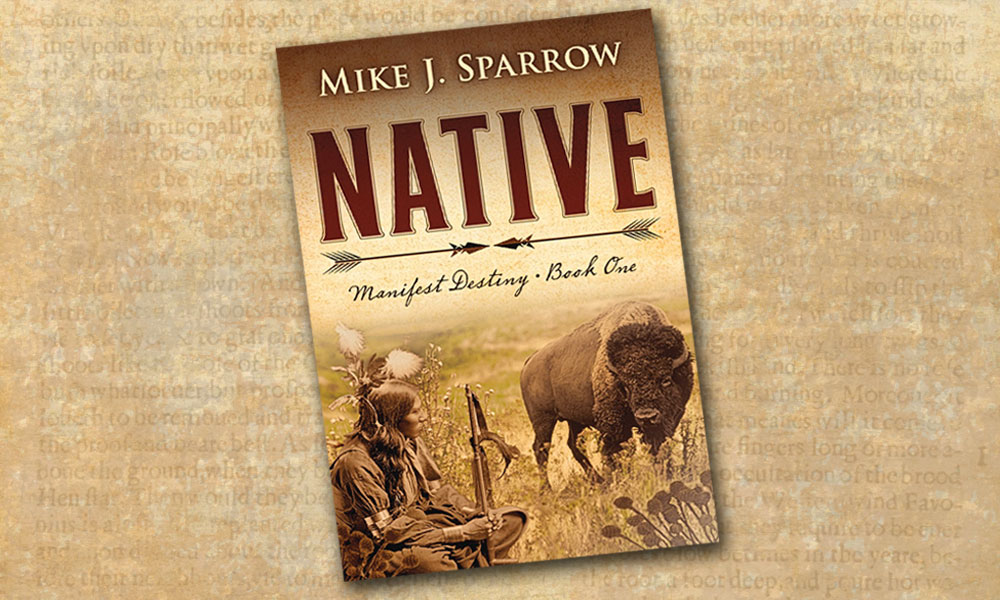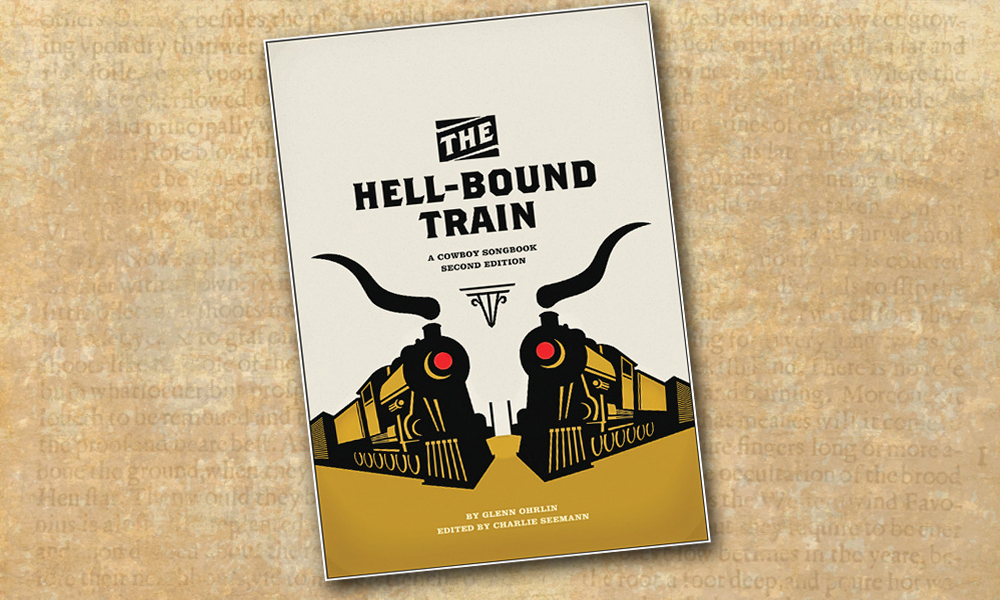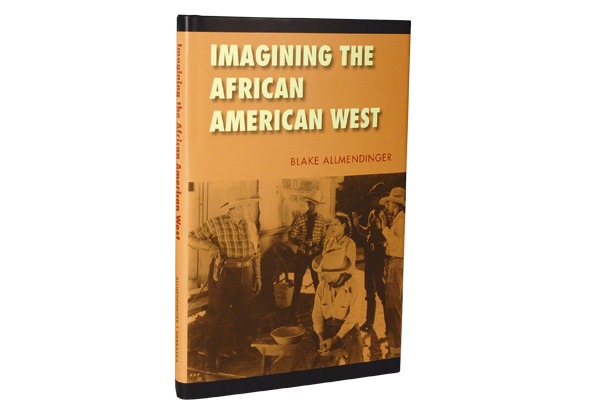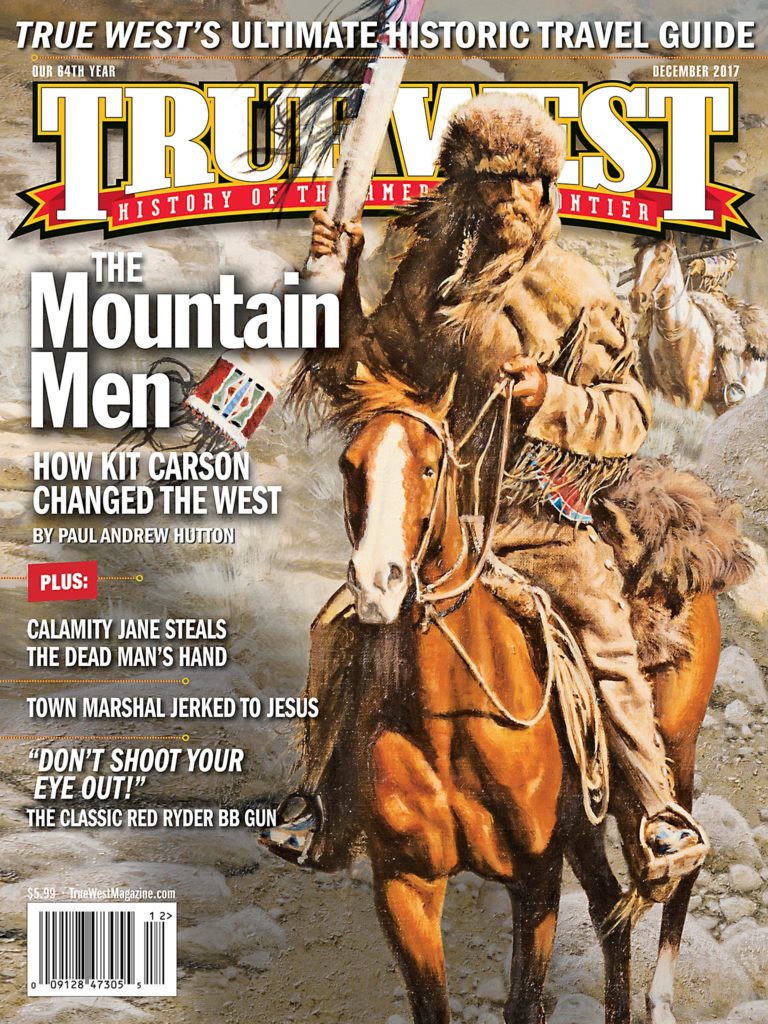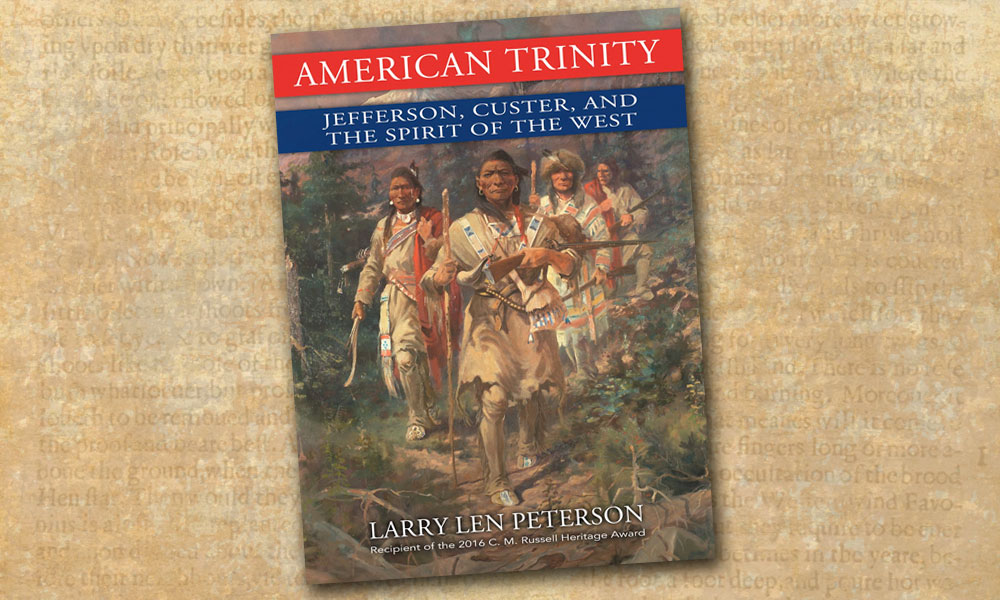
Historian Dr. Larry Len Peterson’s tenth book, American Trinity: Jefferson, Custer, and the Spirit of the West (Sweetgrass Books, $34.95), is his most comprehensive—and inspired—to date.
Dr. Peterson, who is also an award-winning physician and scientist of dermatology, has spent more than a decade researching and writing what must be considered his magnum opus on the American West.
A son of the West, Peterson grew up on the family wheat farm in Plentywood, Montana, near the banks of the Missouri and adjacent to the Fort Peck Indian Reservation, home to six bands of Assiniboine and four bands of Sioux people.
His experiences growing up in the racially divided Plains community of the Upper Missouri River Valley in northeastern Montana had a profound effect on the young Montanan, who has spent a lifetime studying, researching, writing and reflecting about his beloved West. The end result of Peterson’s introspective journey as an author, scientist and Westerner is his publication of the most reflective philosophical history of American history published in the past 50 years.
Somerset Maugham’s The Razor’s Edge, Victor Frankl’s Man Search for Meaning, Thomas Merton’s Seven Storey Mountain and Vine DeLoria’s Custer Died for Your Sins: An Indian Manifesto are just four of the works I am reminded of when reading Peterson’s prose.
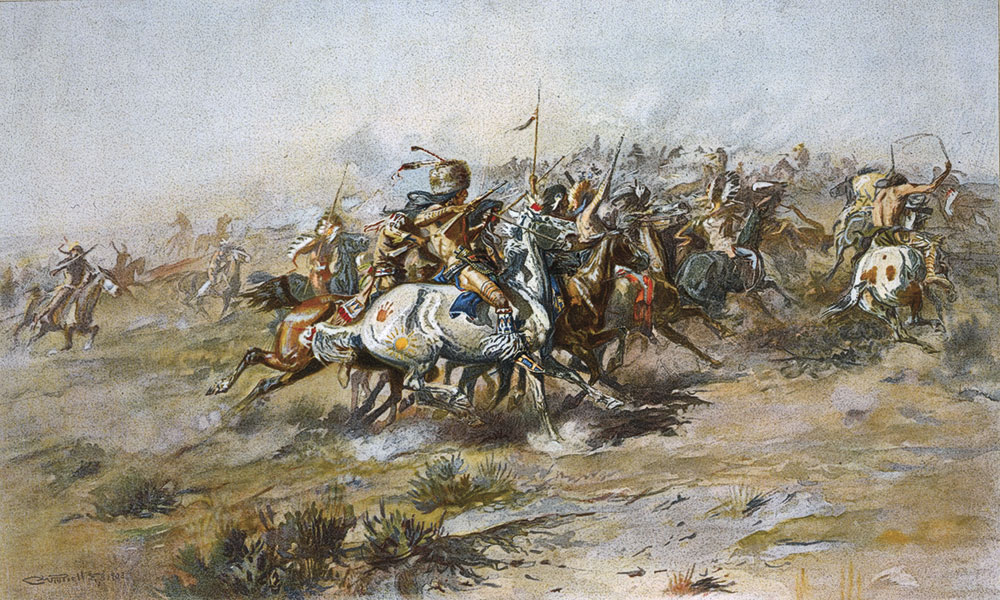
— Courtesy Library of Congress —
Readers will quickly discover that the strength of Peterson’s American Trinity’s is in the depth of his research and personal introspection throughout his 725-page book. As Peterson states in his Preface & Acknowledgments: “The American Trinity is older and bigger than the American West. It is the story of the grand sweep of human experiences and their eventual influence on white racist attitudes toward Native Americans. History is important. When there is no knowledge of the past, there cannot be a vision of the future.”
American Trinity also reminds me of Colombian historian Germán Arciniegas’s most comprehensive work, American in Europe: A History of the New World in Reverse. His one-volume synthesis blends his knowledge and research of multiple disciplines from ancient texts to the present in science, literature, philosophy, history and religion.
His conclusions, including on the effects of PTSD on Indian society, provide an interpretation of Western culture and history, and the roles of race, religion and the empirical Western nation-builders in the conquest and destruction of Indian peoples and civilizations—and the subsequent settlement and construction of the United States—that still challenge our moral understanding of race relations in America today.
But beyond the strength of Peterson’s conclusions is his Socratic dialogue with the reader: “To fully understand what is happening to the American Indian today, we should not minimize the trauma that Native Americans have experienced since first contact with the white man…Only when whites accept that Indians have the full emotional, spiritual, intellectual, and psychological spectrum as whites will we begin to appreciate the pain and hopelessness that is the Indians’ experience.”
Each of American Trinity’s four sections: “The Searchers: Finding Each Other,” “The Mystery: Clash of Spirits,” “Thomas Jefferson: Winning the West” and “The Golden Rule,
or the Golden Ruled? Custer: The Son of the American West,” offers the reader an opportunity to pause and reflect on the morals and ethics of our Western culture, the role of religion and racism, prejudice and injustice imposed, institutionalized and endured by successive generations of Native peoples in North America.
Historians, ethicists, scholars and students will discover American Trinity has a remarkable bibliography and detailed endnotes, which serve as an excellent resource for further study.
Beyond Peterson’s expansive research and thought-provoking prose, the most important question the Montana farm boy has never stopped asking as a Western American adult is, “Why should I care so much about Native American history, their stories?” American Trinity might not have all the answers, but it will lead the reader to keep asking the question, “Why?”
—Stuart Rosebrook

